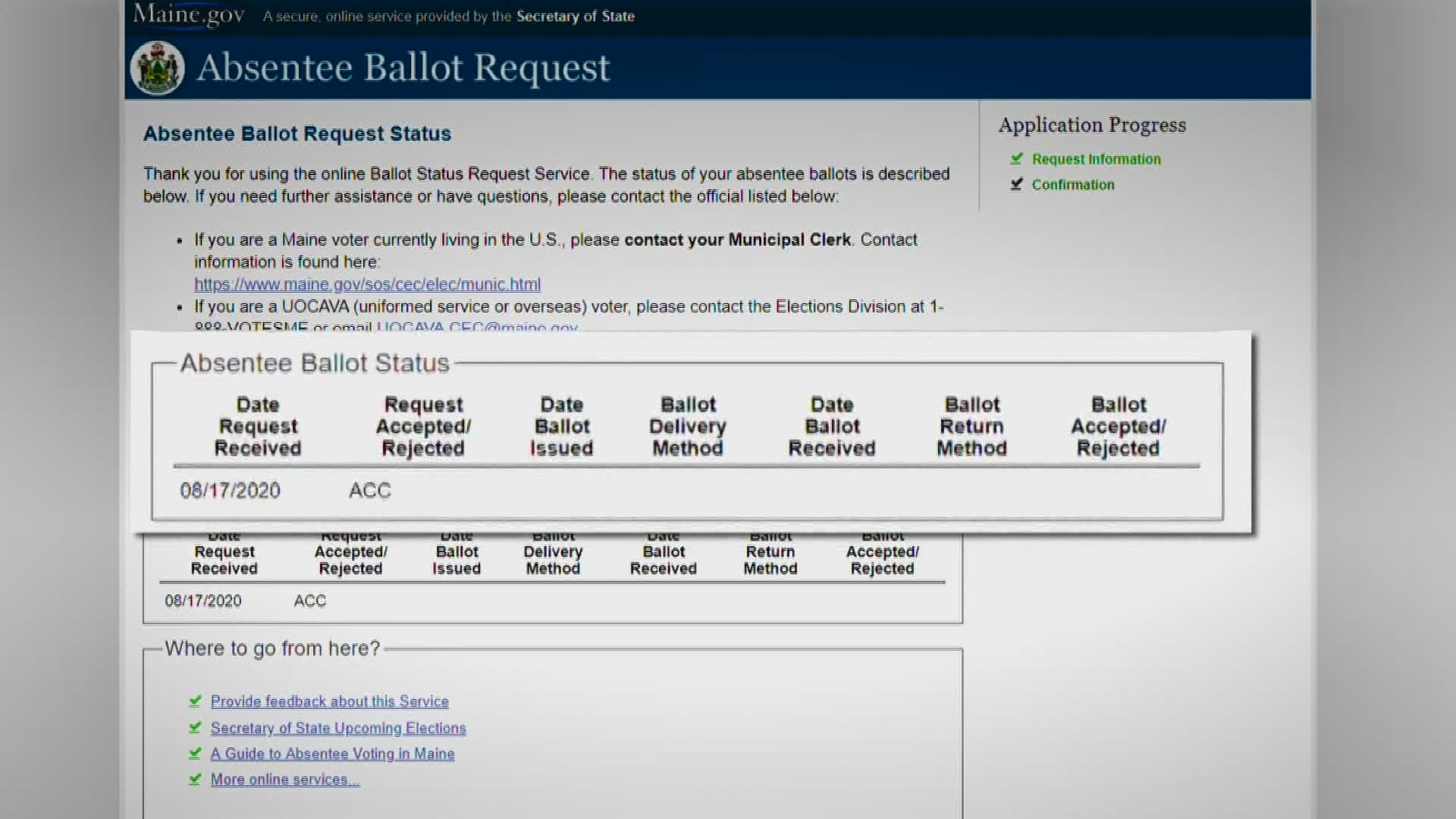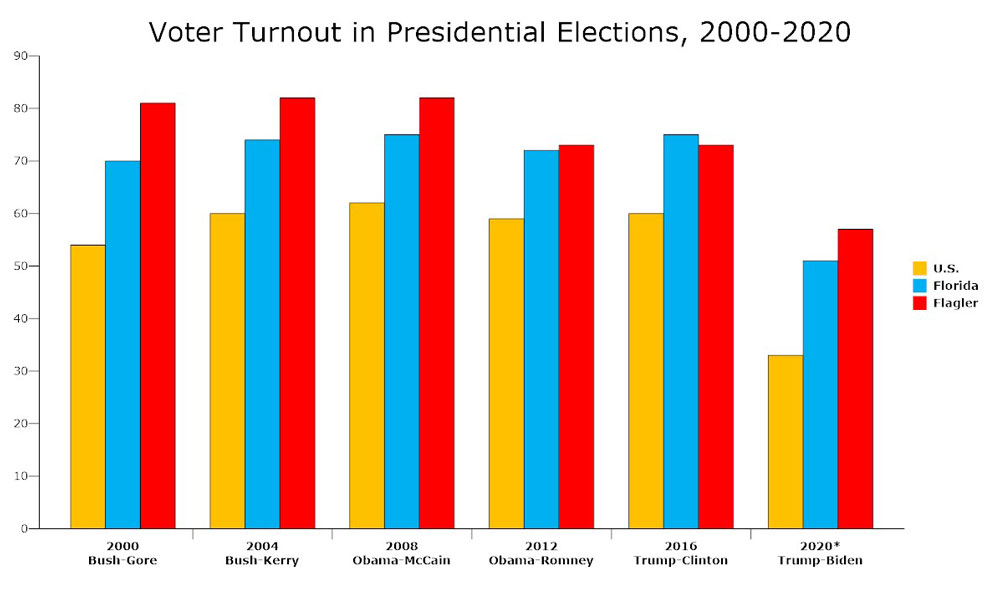BMW And Porsche's China Challenges: A Growing Trend Among Automakers

Table of Contents
Intensifying Competition in the Luxury Car Segment
The Chinese luxury car market is no longer a playground for established international brands. The rise of domestic competitors is significantly impacting the market share of long-standing players like BMW and Porsche.
Rise of Domestic Chinese Auto Brands
Chinese luxury automakers, such as Nio, Xpeng, and Li Auto, are rapidly gaining traction. These brands are not only producing sophisticated vehicles but are also effectively leveraging advanced technologies and appealing directly to Chinese consumer preferences.
- Successful Chinese Luxury Car Models: Nio ET7 (high-performance electric sedan), Xpeng G9 (luxury SUV with advanced autonomous driving features), Li Auto L9 (family-oriented SUV with extended-range technology).
- Market Share Data: While precise figures fluctuate, reports consistently show a steady increase in the market share of domestic Chinese luxury brands, gradually eating into the dominance previously held by foreign brands like BMW and Porsche.
Price Wars and Pressure on Margins
The increased competition has led to intense price wars, putting immense pressure on the profit margins of BMW and Porsche. To remain competitive, these brands are forced to offer discounts and promotions, impacting their bottom line.
- Price Cuts and Promotions: Both BMW and Porsche have implemented various price reduction strategies and promotional offers in China to counter the aggressive pricing of domestic rivals.
- Impact on Brand Perception: While necessary for competitiveness, consistent price reductions can potentially dilute brand image and long-term profitability, especially for brands that heavily rely on their premium positioning.
Navigating China's Unique Regulatory Landscape
China's automotive industry is subject to a complex and evolving regulatory environment. Navigating these regulations presents significant challenges for international automakers like BMW and Porsche.
Stringent Emission Standards and Green Initiatives
China is a global leader in pushing for stricter emission standards and promoting green initiatives. Meeting these increasingly stringent regulations requires substantial investment in research and development, particularly in electric vehicle (EV) technology.
- Chinese Emission Standards: China's "China VI" emission standards are among the world's most rigorous, pushing automakers to develop cleaner and more efficient vehicles. Upcoming standards are even stricter.
- Investment in EV Technology: BMW and Porsche, like other global automakers, are making significant investments in electric vehicle development and charging infrastructure to comply with regulations and cater to the growing demand for EVs in China.
Data Privacy and Cybersecurity Concerns
China has implemented robust data privacy regulations that impact how automakers collect, store, and utilize user data. This requires substantial investments in cybersecurity measures and careful navigation of complex legal frameworks.
- Relevant Data Privacy Regulations: China's Cybersecurity Law and Personal Information Protection Law directly affect how automakers handle data collected from their vehicles.
- Balancing Data Collection and Privacy: Automakers must carefully balance the benefits of data collection for improving vehicle features and services with the need to protect user privacy and ensure robust cybersecurity.
Adapting to Shifting Consumer Preferences in China
Understanding and adapting to the evolving preferences of Chinese consumers is crucial for success in the market. These preferences are influenced by technological advancements, evolving lifestyles, and a growing emphasis on personalized experiences.
Evolving Consumer Demands and Brand Loyalty
Chinese luxury car buyers are increasingly demanding technologically advanced features, personalized options, and seamless digital connectivity. Brand loyalty, while still a factor, is less entrenched than in some other markets.
- Highly Valued Features: Chinese consumers highly value features such as advanced driver-assistance systems (ADAS), large touchscreens with intuitive infotainment systems, and personalized ambient lighting.
- Brand Loyalty Trends: While established brands still hold influence, the rising popularity of domestic brands indicates a growing openness to alternatives among Chinese consumers.
Importance of Digital Marketing and Online Sales
Reaching and engaging Chinese consumers increasingly relies on effective digital marketing strategies and robust online sales platforms. This represents a shift away from traditional dealership-centric models.
- Successful Digital Marketing Strategies: Utilizing social media platforms like WeChat and Weibo, engaging in influencer marketing, and employing targeted online advertising campaigns are proving highly effective.
- Online Sales Platforms and DTC Models: Direct-to-consumer (DTC) models and the use of online sales platforms are becoming increasingly important for automakers in China.
Conclusion: Overcoming BMW and Porsche's China Challenges
BMW and Porsche's China challenges are multifaceted and reflect a broader trend affecting international automakers. Intense competition from domestic brands, stringent regulations, and shifting consumer preferences demand significant adaptation and innovation. Successfully navigating this complex landscape requires a deep understanding of the Chinese market, substantial investment in technological advancements, and a commitment to providing a personalized and digitally enhanced customer experience. Understanding the complexities of BMW and Porsche's China challenges is crucial for any automaker aiming for success in this dynamic market. Continue your research to learn more about navigating this evolving landscape and explore resources on the challenges facing luxury automakers in China and strategies for success in the Chinese automotive market.

Featured Posts
-
 Warri Itakpe Rail Line Shut Down Engine Failure Causes Suspension
May 02, 2025
Warri Itakpe Rail Line Shut Down Engine Failure Causes Suspension
May 02, 2025 -
 Shh Rg Kb Tk Zyr Khnjr Ayksprys Ardw Ka Jayzh
May 02, 2025
Shh Rg Kb Tk Zyr Khnjr Ayksprys Ardw Ka Jayzh
May 02, 2025 -
 Ghanas Mental Health Crisis A Nation In Need Of Psychiatrists
May 02, 2025
Ghanas Mental Health Crisis A Nation In Need Of Psychiatrists
May 02, 2025 -
 Legal Challenge To Trumps Tariffs The Presidents Defense
May 02, 2025
Legal Challenge To Trumps Tariffs The Presidents Defense
May 02, 2025 -
 Fortnite Game Mode Closures Impact And Implications
May 02, 2025
Fortnite Game Mode Closures Impact And Implications
May 02, 2025
Latest Posts
-
 Post Election Audit Pilot Program Begins In Maine
May 02, 2025
Post Election Audit Pilot Program Begins In Maine
May 02, 2025 -
 Interpreting The Political Climate A Case Study Of Voter Turnout In Florida And Wisconsin
May 02, 2025
Interpreting The Political Climate A Case Study Of Voter Turnout In Florida And Wisconsin
May 02, 2025 -
 What The Florida And Wisconsin Election Turnout Reveals About The Political Climate
May 02, 2025
What The Florida And Wisconsin Election Turnout Reveals About The Political Climate
May 02, 2025 -
 Maine Launches Pilot Post Election Audit What To Expect
May 02, 2025
Maine Launches Pilot Post Election Audit What To Expect
May 02, 2025 -
 Florida And Wisconsin Turnout A Deep Dive Into The Current Political Landscape
May 02, 2025
Florida And Wisconsin Turnout A Deep Dive Into The Current Political Landscape
May 02, 2025
